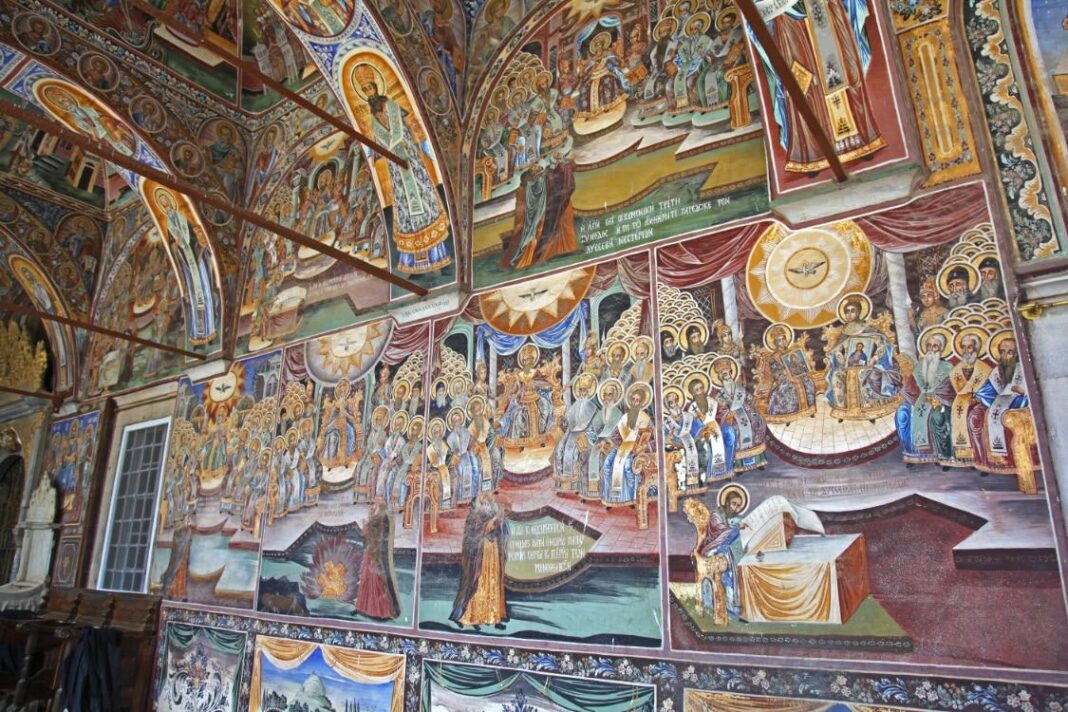St. Vikenty Lerinsky tries to define this infallibility of the church consciousness as follows: We maintain what has been believed everywhere, always and by all – this is what is truly and truly Catholic. Outwardly, however, this is not the case. The definitions of the First Ecumenical Council for the oneness, of the Sixth for the two wills and the two actions, of the Seventh for the icons have been professed always, everywhere and by all. Therefore, the Western Church Father wanted to say that these new dogmatic formulas therefore became infallibly Catholic, because they were perceived by the whole Church as its original, universal and universal, because they were perceived as derived from its roots.
Thus, the laity in the Church – in case they are not an impersonal and inert mass, but are figures and collaborators in the church work – need a special, in a way also “professional” representation of the councils, separated from the state representation – namely as members of the spiritual society, which is the Church, as a special rank members of the Church – the rank of the laity. Thus we come to the controversial question of the right of the laity to participate in the councils of the Church.
This right, or, more precisely, this possibility, the appropriateness of the participation of the laity in councils, even in ecumenical ones, can be reasonably explained only by revealing the very principle of catholicity. Only in the light of this principle do the references to the colorful examples from antiquity make sense. The word itself, the concept of catholicity is an extremely abstract term. It is a product of the new Russian thought and the late phase of the development of the Russian language from the 19th century. Terms such as ecclesiology, hierarchy, grace, mystery, iconicity and others. do not exist in antiquity, did not yet know such a degree of abstraction and flexibility of language.
At the end of the 3rd century we no longer see lay people at the councils, but there are still presbyters. Led by Malchion, they played a prominent role in the great Council of Antioch in 269 against Paul of Samosata. Origen performed the same mission as a presbyter at the Council of Bostra Arabia. At the beginning of the 4th century, at the Elvir Council of 306, we noticed the people for the last time, together with deacons and elders. The era of state protectorate over the Church followed, when the presence of the laity as members of the Church was replaced by the complex secular representation of imperial power. In the Council of Arles in 314, in the case of the Donatists, according to African tradition, not only elders and deacons also participated, but also signed together with the bishops. At the First Ecumenical Council, one of the main actors was St. Athanasius in the rank of deacon. Even the voices of unbaptized philosophers were respected behind the scenes and by delegation.
Author: Anton Kartashov, Ecumenical Councils and Unity
Source: “Ecumenical Councils and Conciliarity” – In: Kartashev, A.V. On the way to the Ecumenical Council, Paris, 1932, pp. 41-71.









